 Christian author Walter Wangerin, Jr. (one of my literary heroes) tells of the summer he, his wife and four children (two of their own plus a black boy and girl by adoption) drove from Indiana to Colorado for a family reunion. Talitha, black and youngest of the four, was age six. (Picture a chocolate brown cherub.)
Christian author Walter Wangerin, Jr. (one of my literary heroes) tells of the summer he, his wife and four children (two of their own plus a black boy and girl by adoption) drove from Indiana to Colorado for a family reunion. Talitha, black and youngest of the four, was age six. (Picture a chocolate brown cherub.)
“Talitha peered at the world with an irritating enthusiasm. Her phrase for the trip was, “Don-cha love it?”—flopping her tongue out on the word love so that it left little dribbles on her chin. She drove her brothers (then seven and eight) to gloom and to bloody expression. Every morning, every sandwich, every stream and tree in the landscape received from her the same obnoxious approval: “Don-cha loooooove it?”
One windy Colorado Sunday, when Grandfather Wangerin concluded his sermon to his family on an outcropping rock, Talitha jumped up and threw open her arms in a wide embrace and at the top of her lungs shouted, “Don-cha love it?”
On the return trip home, the family stopped for lunch in Kansas. A waitress approached, pen in hand, ready to take their order. Looking up, she gazed at the family and frowned. The children (thinking this is what folks do in Kansas) gazed back. The waitress wondered aloud if this black-and-white group was a school field trip. “No,” answered Wangerin, “family reunion.” She gazed another moment, stumped. Then, with brightening face, “Adopted!”
Having taken their orders, the waitress left. Talitha, bright-eyed and smiling proudly, announced her new-found secret discovery: “I know how she knew I was adopted.”
“How?” asked her father.
“The child stood up and threw out her arms and shouter louder than grandpa on the mountain: ‘BECAUSE I’M . . . BLACK!'”
Every head in the restaurant turned to stare.
“And then Talitha caused her brothers a mortal anxiety by asking the diners, one and all, their opinion on this particular issue.
‘Don-cha just love it?'”
(From Mourning Into Dancing. Available from Amazon—https://www.amazon.com/s/ref=nb_sb_ss_c_2_14?url=search-alias%3Dstripbooks&field-keywords=mourning+into+dancing&sprefix=Mourning+into+%2Caps%2C669)

* * * * *
A wonder for the family of this story, because earlier on Talitha was largely unresponsive to most stimulation. For me the story is a wonder because of Talitha’s wonder. That’s what I hear in this little chocolate cherub’s “Don-cha just love it?”. Wonder. That feeling of surprise mixed with admiration at seeing something beautiful or unexpected.
Like a poor young girl from the Midwest plowing up a sand dune and, for the first time, gazing wide-eyed at the broad and blue rolling ocean. Like the young couple standing arm in arm in sanctified silence watching every breath of their precious newborn sleeping in her cradle. Like a lonely, abusive, ridden-with-guilt old man realizing for the first time God really loves him and through Christ forgives him for all his sins. Like the gray-haired widow roaming through her empty house looking longingly at photos of her beloved who is gone now two years suddenly thinking of heaven soon and a joyous reunion forever, because of Jesus. Wonder.
Too little wonder in my life. Especially the older I get. Not that wonders are absent. I just don’t see them. O Talitha, I want to look at a butterfly in flight and shout, “Don-cha just love it?”! I want to watch rain drops splash into a puddle, a toddler take her first step, feel my wife’s hand on me, read God’s good promises in his Word and cry, “Don-cha just love it?”!
“Open my eyes that I may see wonderful things in your law” (Psalm 119:18). Moreover: Open my eyes that I may see wonderful things in all you have done, O Lord. Take the blinders from my eyes. Take the crustiness from my soul. Wonders never cease with you, for you are the eternal God. And one day you will make all things new (Revelation 21:5).
I want to “tell the next generation the praiseworthy deeds of the LORD, his power, and the wonders he has done” (Psalm 78:4).
I want to stand awe-struck before you and declare, “Many, O LORD my God, are the wonders you have done. The things you planned for us no one can recount to you; were I to speak and tell of them, they would be too many to declare” (Psalm 40:5).
So let’s . . .
“Give thanks to the LORD, call on his name; make known among the nations what he has done. Sing to him, sing praise to him; tell of all his wonderful acts. Glory in his holy name; let the hearts of those who seek the LORD rejoice. Look to the LORD and his strength; seek his face always. Remember the wonders he has done, his miracles, and the judgments he pronounced . . . ” (Psalm 1051-5).


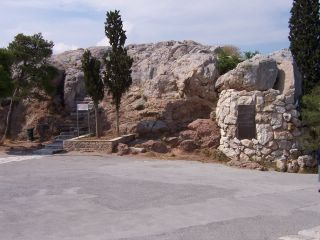
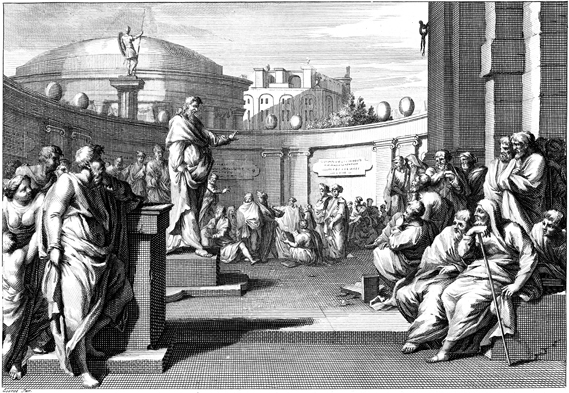

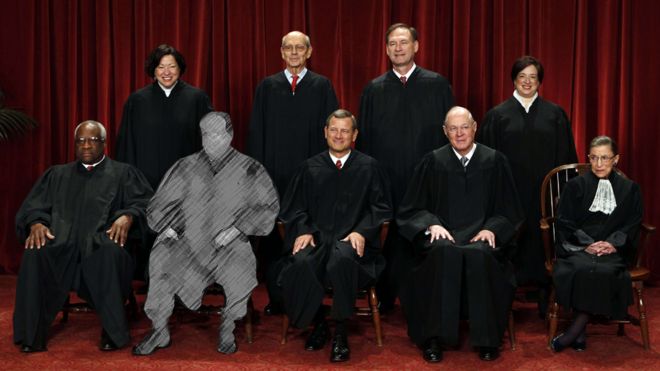

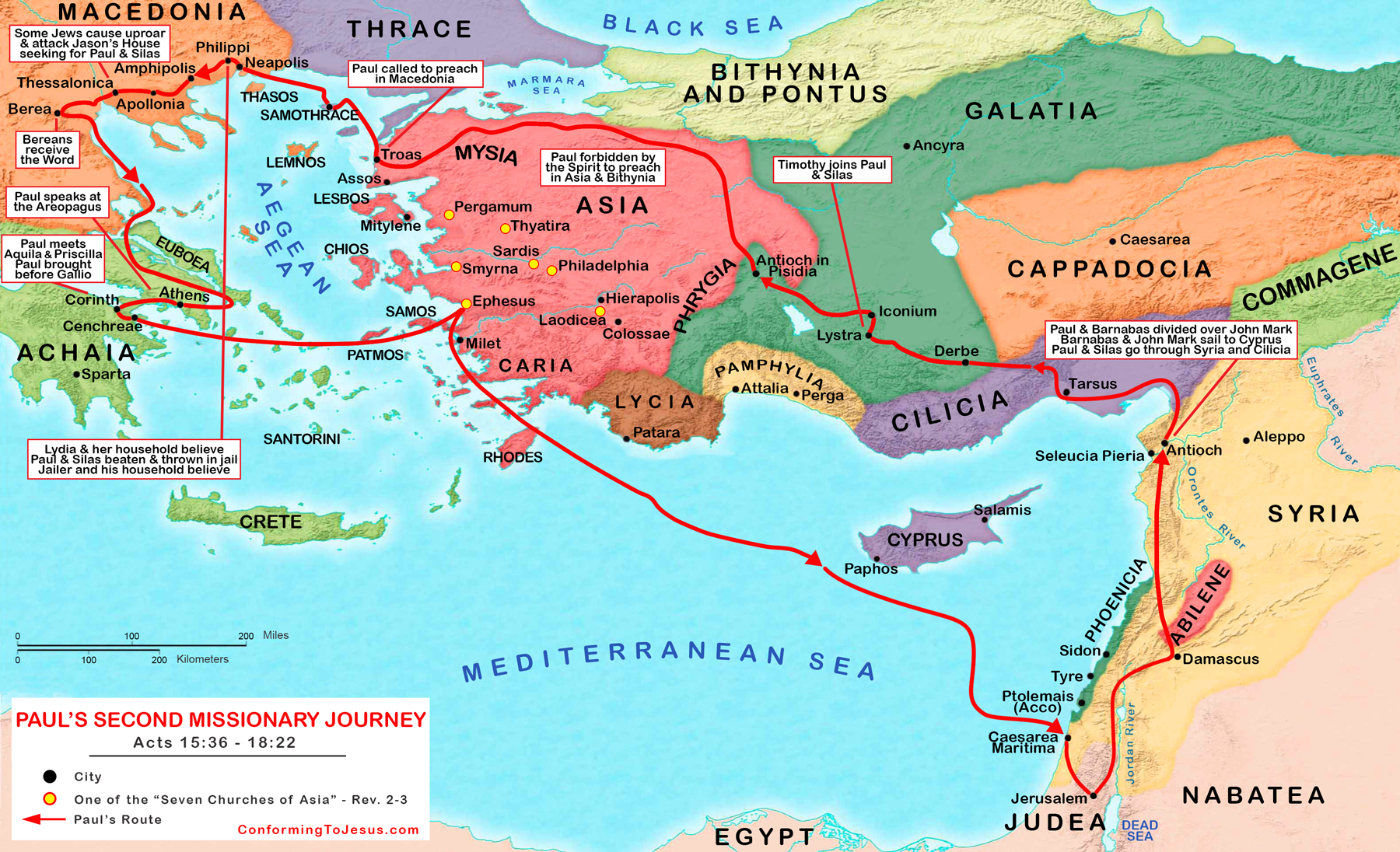
 In the 1979 movie, “Escape from Alcatraz”, Clint Eastwood and his prison pals painstakingly dug their way of the island prison with spoons.
In the 1979 movie, “Escape from Alcatraz”, Clint Eastwood and his prison pals painstakingly dug their way of the island prison with spoons. 


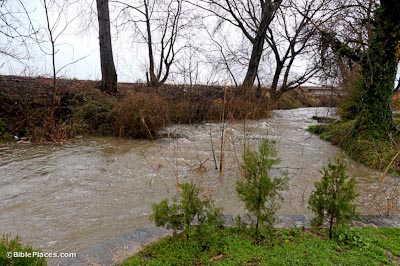


 The church was born in a hostile environment. Less than two months earlier, the Jewish Council in Jerusalem had pushed the Roman governor to crucify Jesus. So, as 120 followers of their now-resurrected and ascended Lord met, they knew they were a minority in enemy territory.
The church was born in a hostile environment. Less than two months earlier, the Jewish Council in Jerusalem had pushed the Roman governor to crucify Jesus. So, as 120 followers of their now-resurrected and ascended Lord met, they knew they were a minority in enemy territory.
Recent Comments